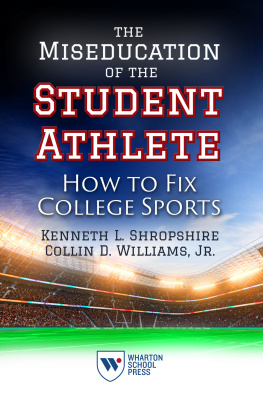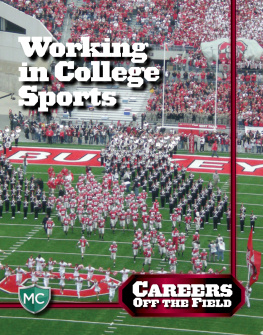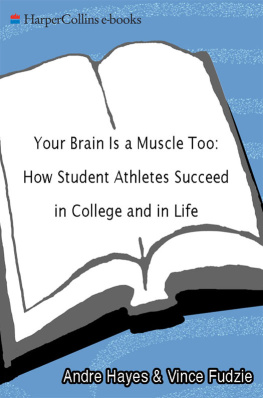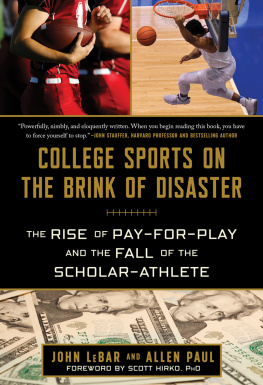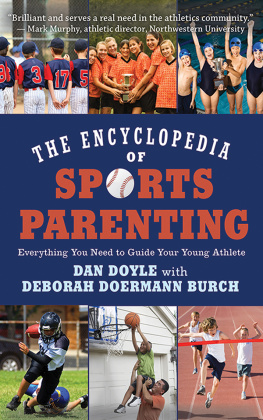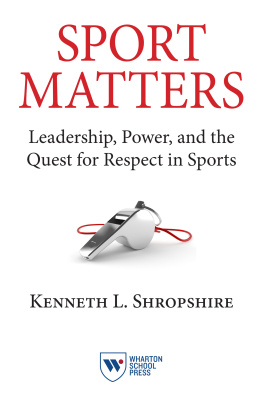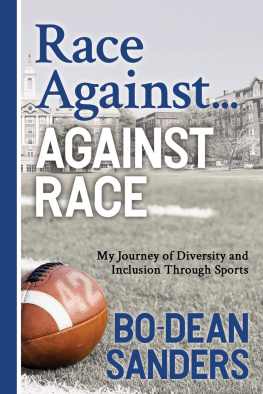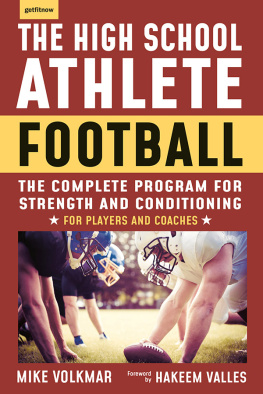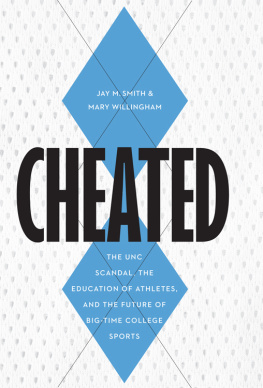Kenneth L. Shropshire - The Miseducation of the Student Athlete: How to Fix College Sports
Here you can read online Kenneth L. Shropshire - The Miseducation of the Student Athlete: How to Fix College Sports full text of the book (entire story) in english for free. Download pdf and epub, get meaning, cover and reviews about this ebook. year: 2017, publisher: Wharton Digital Press, genre: Home and family. Description of the work, (preface) as well as reviews are available. Best literature library LitArk.com created for fans of good reading and offers a wide selection of genres:
Romance novel
Science fiction
Adventure
Detective
Science
History
Home and family
Prose
Art
Politics
Computer
Non-fiction
Religion
Business
Children
Humor
Choose a favorite category and find really read worthwhile books. Enjoy immersion in the world of imagination, feel the emotions of the characters or learn something new for yourself, make an fascinating discovery.
- Book:The Miseducation of the Student Athlete: How to Fix College Sports
- Author:
- Publisher:Wharton Digital Press
- Genre:
- Year:2017
- Rating:5 / 5
- Favourites:Add to favourites
- Your mark:
The Miseducation of the Student Athlete: How to Fix College Sports: summary, description and annotation
We offer to read an annotation, description, summary or preface (depends on what the author of the book "The Miseducation of the Student Athlete: How to Fix College Sports" wrote himself). If you haven't found the necessary information about the book — write in the comments, we will try to find it.
The student-athletes life: practice, gym, weight room, film review, repeat. Simply put, sports come first. Academics is a distant second.
As the revenues generated by big-time college sports continue to skyrocket, virtually all of the debate involves whether (and how much) student-athletes should be paid for play. Kenneth L. Shropshire and Collin D. Williams, Jr., argue that student has to come first in student-athlete: the focus should be on prioritizing a meaningful education.
In The Miseducation of the Student Athlete: How to Fix College Sports, Shropshire and Williams draw on new research to reveal that it has become increasingly difficult for college athletes to balance school and sports, much less a social life, leading to serious economic, professional, and emotional consequences for young people. Given that fewer than 2% of all college mens basketball and football players will play at the professional level, the other 98% of student-athletes must be prepared to find and perform well in jobs outside of their respective field of play.
In this bold call to action, Shropshire and Williams explain how we got here and what can be done about it. They lay out The Student-Athlete Manifesto, a roadmap to increase the likelihood that student-athletes can succeed both on and off the field. They also offer a Meaningful Degree Model, which ensures education pays for everyone, along with stories of success that show it is possible to be both a student and an athlete.
A critical read for student-athletes, sports leadership, policy makers, and anyone who loves college sports, The Miseducation of the Student Athlete has the potential to disrupt college sport and create lasting change.|
The student-athletes life: practice, gym, weight room, film review, repeat. Simply put, sports come first. Academics is a distant second.
As the revenues generated by big-time college sports continue to skyrocket, virtually all of the debate involves whether (and how much) student-athletes should be paid for play. Kenneth L. Shropshire and Collin D. Williams, Jr., argue that student has to come first in student-athlete: the focus should be on prioritizing a meaningful education.
In The Miseducation of the Student Athlete: How to Fix College Sports, Shropshire and Williams draw on new research to reveal that it has become increasingly difficult for college athletes to balance school and sports, much less a social life, leading to serious economic, professional, and emotional consequences for young people. Given that fewer than 2% of all college mens basketball and football players will play at the professional level, the other 98% of student-athletes must be prepared to find and perform well in jobs outside of their respective field of play.
In this bold call to action, Shropshire and Williams explain how we got here and what can be done about it. They lay out The Student-Athlete Manifesto, a roadmap to increase the likelihood that student-athletes can succeed both on and off the field. They also offer a Meaningful Degree Model, which ensures education pays for everyone, along with stories of success that show it is possible to be both a student and an athlete.
A critical read for student-athletes, sports leadership, policy makers, and anyone who loves college sports, The Miseducation of the Student Athlete has the potential to disrupt college sport and create lasting change.
Kenneth L. Shropshire: author's other books
Who wrote The Miseducation of the Student Athlete: How to Fix College Sports? Find out the surname, the name of the author of the book and a list of all author's works by series.

